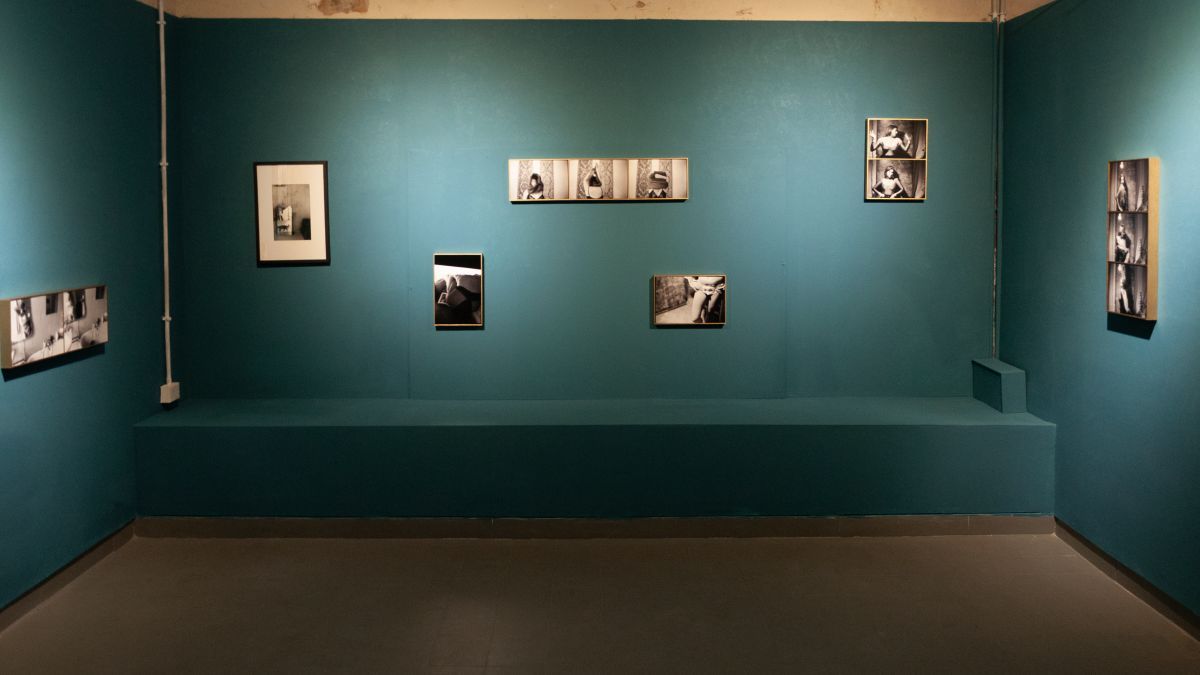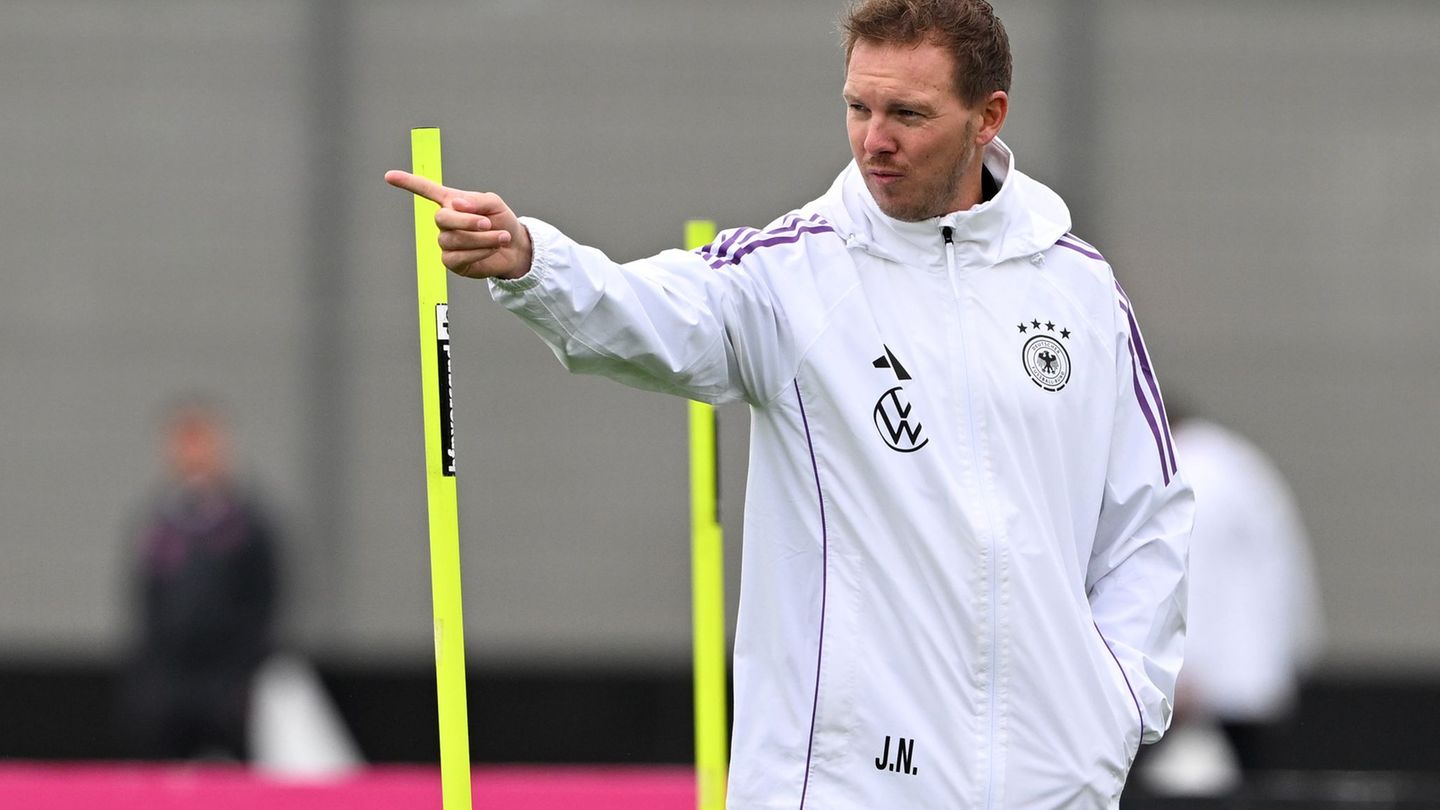It’s obvious in the supermarket: Whoever buys the same thing pays significantly more than before. Energy providers are charging higher prices and consumers are beginning to feel that practically everything is becoming more expensive.
Even those who have made ends meet up to now are now thinking about where they could reduce costs. Thomas Berghuber from the debt counseling service in Upper Austria, who deals with people who need to save every day, explains: “You should think about what is important and what is dispensable. It varies greatly from person to person.” To do this, you should compare the available budget with the current expenses.
The housing factor in particular has high costs. “If things get tight, you should seek advice from independent bodies in good time,” says Hubert Mittermayr from the Linz housing platform (verein-wohnplattform.at). There is also support from the tenants’ association (mietervereinigung.at).
keep a household book
You should talk about money problems with the whole family, says Thomas Berghuber, managing director of debt counseling (ooe. Schuldnerberatung.at), which also runs a contact point for people who just want to find out how to avoid debt (klartext.at). “It makes sense to keep a household book for three months in which all expenses are actually written down – by all family members,” says the expert from Linz.
Share, swap, borrow
Drill, steam cleaner, scarifier: family and friends can all use this together. Things that are no longer needed should be given away or exchanged for something else. Devices can be borrowed from many hardware stores or settler associations (siedlerverein.at).
Saving & environmental protection
Too Good To Go app users can save food that would end up in the trash — and save in the process. The first partner company in Upper Austria was the natural bakery Honeder. Reservations are made via the app, and the goods that would otherwise be left over are sold in the evening before closing time. You pay 4.99 euros, get pastries for 15 euros. A huge success according to Honeder.
insurance and car
If you have double insurance, you should cancel one variant. This is also a good opportunity to politely negotiate better rates – even with other fixed costs. Realistically, a car costs between 400 and 800 euros per month. There are many alternatives: car sharing, public transport, cargo bikes and taxis are generally cheaper. Leasing often hides actual costs.
energy
It costs less energy if you hang up the wet laundry on the balcony or in the drying room instead of in the apartment. It is more efficient to maintain a certain room temperature instead of heating it up again and again. Don’t forget to de-ice the freezer!
Installment Purchase and Debt
When buying in installments, calculate well whether the final total is appropriate for the product or service. Incidentally, mobile phone contracts are often installment deals (advice: www. Verbrauchertenschutz.at). Going into debt and saving at the same time is particularly expensive. It can make sense to cancel the building saver or endowment insurance (advice:klartext.at).
To buy second hand
Second-hand purchases are modern. Buying used clothing, furniture or toys not only saves money, but also protects the environment. In the Caritas Carla second-hand shops in Linz, Braunau and Mondsee you can buy good clothes at low prices. But there are also used clothes at low prices in the 20 Volkshilfe shops spread throughout Upper Austria.
Sew yourself
The Nähküche association in Linz offers a cheap option for getting new clothes. “You can make your own creations with us for a donation,” says manager Martina Eigner. You can also buy cheap fabrics in the sewing kitchen. More at naehkueche.wordpress.com
Source: Nachrichten




